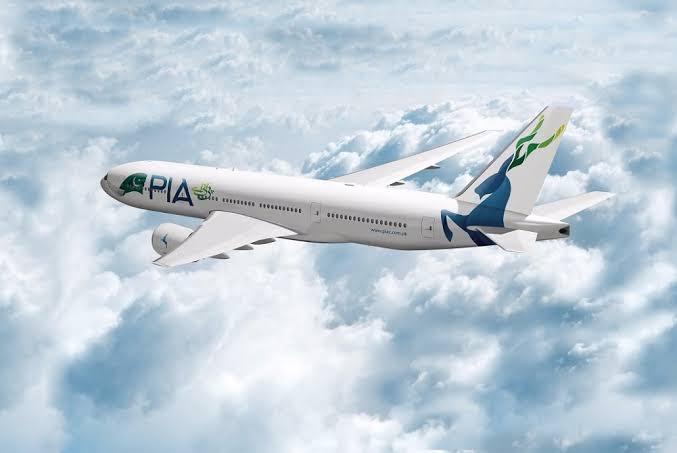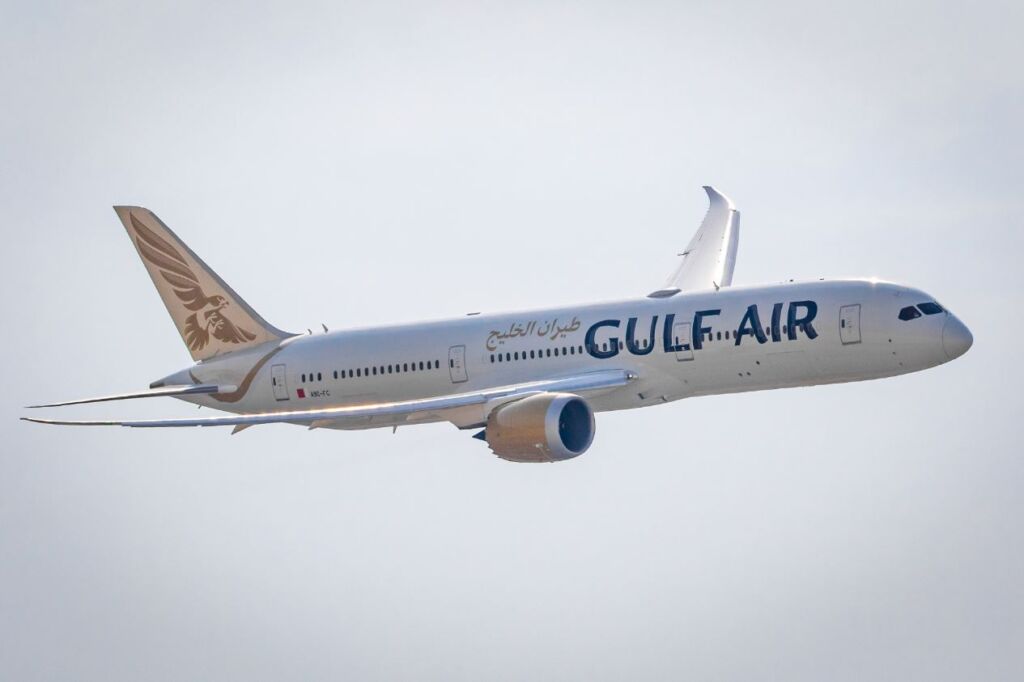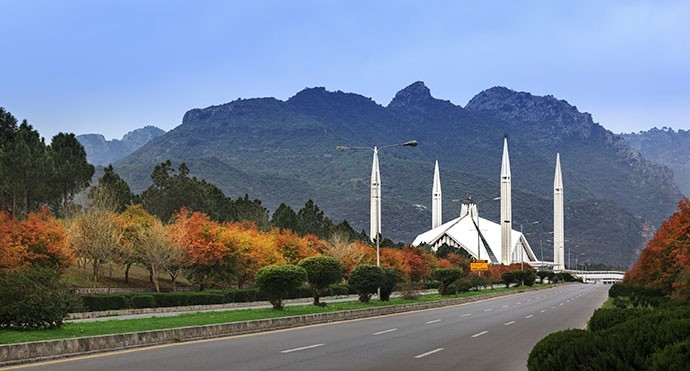Airspace closure in Pakistan is causing major disruptions for travelers flying from India to Europe, North America, Central Asia, and the Middle East. On Thursday, Pakistan shut down its airspace to Indian airlines, forcing carriers to make longer, more expensive detours and even suspend some routes altogether.
The change affects major Indian airlines including Air India, IndiGo, SpiceJet, and Akasa Air. IndiGo, India’s largest airline, said that nearly 50 of its international routes could be impacted. Flights to destinations like Almaty in Kazakhstan and Tashkent in Uzbekistan have already been temporarily suspended. Air India confirmed it would take alternate routes for flights bound for Europe, North America, and the Middle East but has not yet specified the number of affected flights.
These route adjustments mean longer flying times, higher fuel costs, and potential delays for thousands of passengers. Some westbound flights may even need to add refueling stops, increasing travel time and inconvenience. In extreme cases, certain flights could be canceled if the route becomes too long or costly to operate.
The cause of the airspace closure stems from rising tensions between India and Pakistan following a deadly attack in the scenic Indian town of Pahalgam in Jammu and Kashmir. The massacre claimed the lives of 26 tourists, and India has blamed Pakistani militants for the violence—a claim Pakistan has denied. Islamabad has called for a neutral investigation, while India has responded with firm accusations. The ongoing dispute over the Kashmir region, claimed by both countries, has again spilled over into the skies.
Airspace closures between the two nuclear-armed neighbors are not new. However, the impact on commercial aviation today is more immediate and more global, especially in a post-pandemic world where airlines are still recovering financially. The rerouting adds pressure on airlines already grappling with volatile fuel prices and uncertain demand.
The situation mirrors similar disruptions seen when Russia closed its airspace to several Western airlines in response to sanctions over the war in Ukraine. Those detours made travel between Europe and Asia significantly longer and more expensive. While Pakistan’s airspace is much smaller than Russia’s, its location is critical to several Indian international routes.







